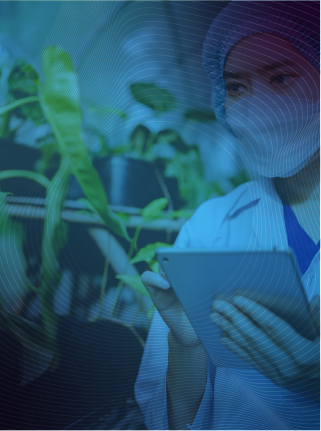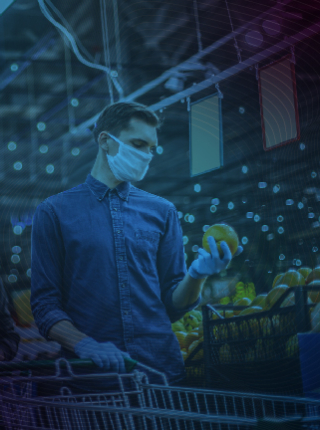Problem
The end-to-end supply chain in the agrifood industry lacks transparency and traceability, making it difficult for companies to monitor the quality, location, and history of their products as they move through the supply chain. This can result in food safety issues, contamination, fraud, and a negative impact on the quality and safety of the final goods for customers. The lack of transparency also makes it challenging for companies to ensure compliance with regulations and standards and creates reputational risks if issues are uncovered downstream. It can also cause a breakdown in trust between supply chain partners, leading to disruptions in the flow of goods and services, and negatively impacting the bottom line of agrifood companies and the overall sustainability of the food system.
Solution
By creating a trustworthy and decentralized digital ledger that records all transactions and information linked to items as they move through the supply chain, blockchain technology is able to address the issue of a lack of transparency and traceability in the supply chain. All participants in the supply chain will have access to and be able to verify the data kept on the immutable, distributed ledger, elevating the level of confidence and transparency across the system. To further improve efficiency and lessen the possibility of mistakes or fraud, smart contracts may be put on the blockchain to automate and simplify supply chain procedures like tracking inventory levels and processing payments
Close






